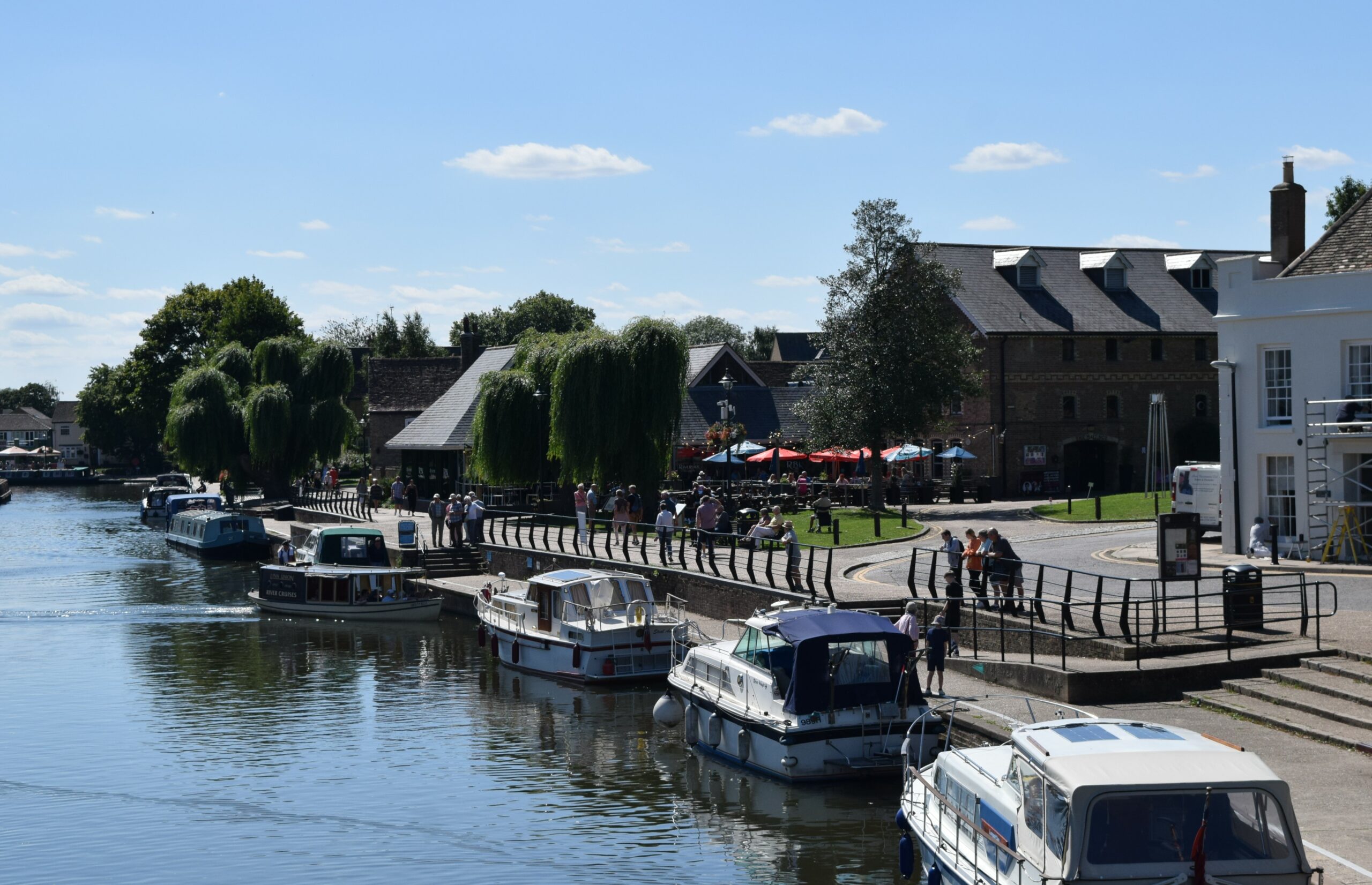
Lines On The Water
An angling consultative on your doorstep?
Imagine what it would be like to have an angling consultant at your permanent disposal. Someone amongst the crowd you could lean on to provide your club or fishery with general support, guidance and local direction when issues arose on the waters you fish.
Such a service might provide information that you, as an individual angler could make positive use of too. Additionally, you might even be able to contribute information yourself and in turn, help others who have attached themselves to this regional ‘fount of all knowledge’.
What we’re talking about here is a readily available, one-stop-shop that would feed out important information to its recipient members and would make sure that if they didn’t know the answer to a question, they’d either know of – or would find you – someone who did.
Well, actually…..
If you live in the Cambridge area, you already have such a facility. If you live anywhere else in the country, you might consider that having the equivalent of the West Anglia Angling Consultative Group on your doorstep might be a good idea.
“In angling terms, I suppose we’re our region’s ‘Nosey Parkers’!” says WAAC Chairman, Richard Hiom. “From my days as a compliance auditor, you get a knack of digging and digging and digging until you find the answer to a question someone has asked.
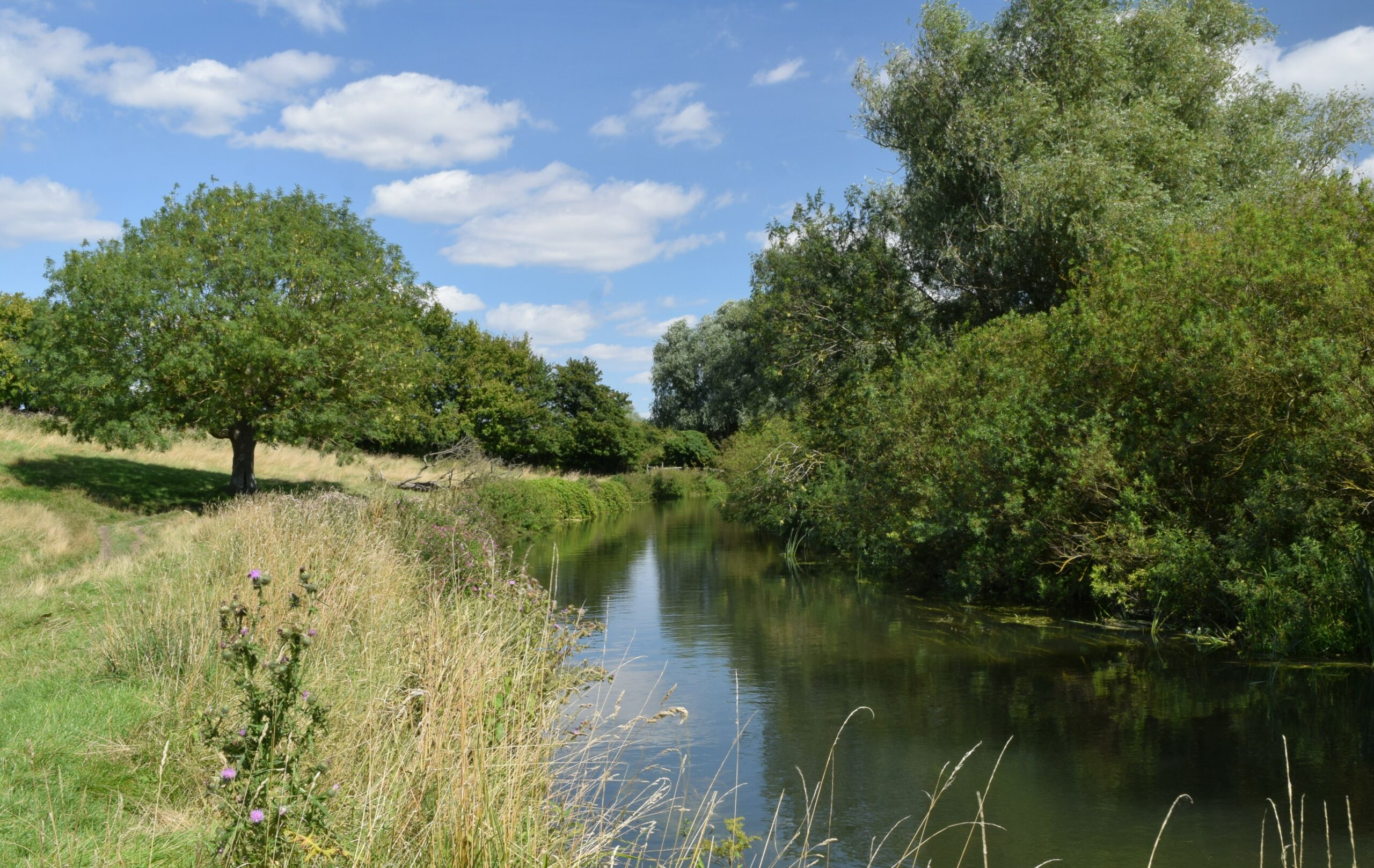
Beautiful spots such as the River Cam at Grantchester fall within WAAC’s catchment
“Sometimes you can dig around, ring someone up and surprise them because you’ve managed to find them in the first place and then surprise yourself because you’ve suddenly found the answer you’re looking for.
“We get to know much of what is going on regionally and are effectively the interface between the fishing industry and the fishing clubs. We provide our members with the circulation of information that goes out from the Angling Trust and from the Environment Agency. The EA Fisheries Officer at our meeting provides a quarterly report and monthly stats and we can also get other useful information which we’ll pass on too. For example, when there were problems with low dissolved oxygen in local waters, we were able to let people know there was an aeration kit available locally. We also offered some instructions on how to cheaply make one. We simply passed on the information we were given so that more people would know.
“We can pass on professional advice, report that stock fish are available from the EA’s national fish farm at Calverton, alert people to funding opportunities from the EA and if information comes up that we think needs a little more explaining, we’ll do the leg work and then provide the outcomes.”
WAAC currently has about 8,000 anglers on its distribution database but even with only seven volunteers at its hub, Richard knows they can channel this regular stream of relevant regional information to an even greater audience. As their full name suggests, WAAC covers the western part of East Anglia but their coverage area is still immense. It extends from Hunstanton in the North, to Stevenage in the South; and Peterborough in the West to Thetford in the East.
Despite the small ‘staff’ and large regional footprint, the information feed isn’t restricted to a minimal drip feed of monthly offerings. Instead, it goes out when it’s available which means Richard and the small team are collating and distributing two or three times a week.
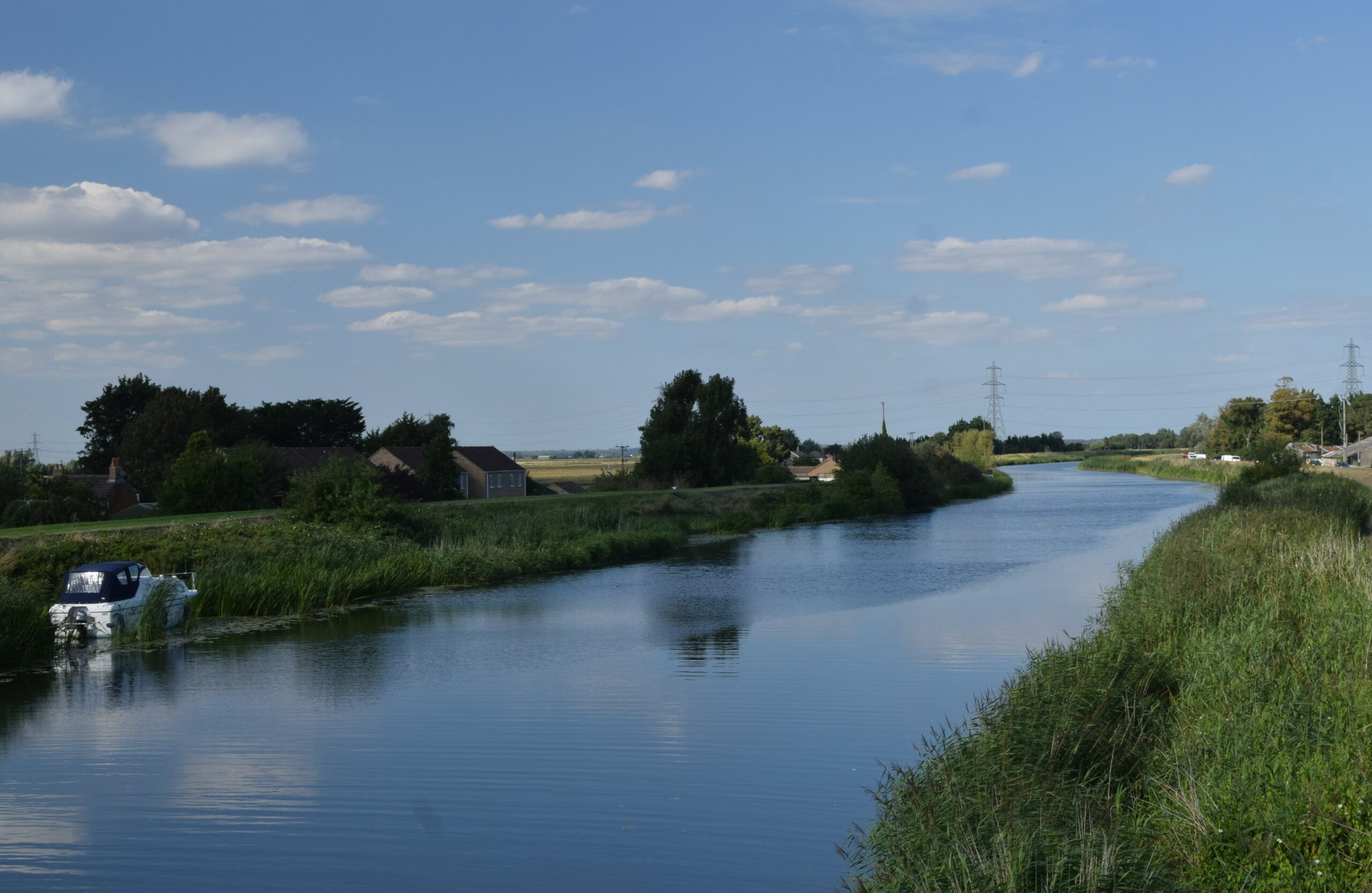
River Ouse at Ten-Mile Bank
“In many cases, we’re supplying information to people who belong to small clubs that don’t have their own website or social media pages which means there’s no obvious means for them to pass on information. Some of the clubs may only have 30 or 40 members and two that I know of still sell membership books, so they don’t necessarily have full meetings or any type of network communication with their members.”
The consultative set up is further strengthened by the fact that the recipients of WAAC’s information service become de-facto contributors too. The overall result is a virtuous circle of facts, guidance and intelligence that serves the local angling community at all levels. When the group has its meetings in Cambridge, there may be information input from perhaps seven ‘attending’ members and an ever-changing number of what Richard terms ‘Infomembers.’ These are members of clubs who voluntarily provide their time to pool resource on an individual basis for all in the region to share. The participation of these ‘Infomembers’ is possible because the group’s progressive thinking allows for the use of communications tools such as Zoom so those who couldn’t attend in person are still able to contribute.
“These contributors are the backbone of their individual clubs but through WAAC, we’re all speaking as a unified group, whether in person or via the Zoom calls,” says Richard. “One club studied crayfish problems for what must have been 7 or 8 years. They had constant input from the authorities and in the early stages, I suggested to the chairman that they really ought to think about publishing the information because we could see the way it was going. In the end, they published an official paper that anyone could have sight of and the Environment Agency were extremely thankful for. It was full of priceless information and, as a consequence, the club has now legitimately reduced its Signal crayfish problem by around three quarters.”
The availability of such information in the public domain means it’s the sort of intelligence that’s readily available to help others and it’s this sort of site-specific information that is the perfect illustration of shared learnings that might have been innocently hidden away if the Consultative hadn’t been present.
And all this for £15-a-year.
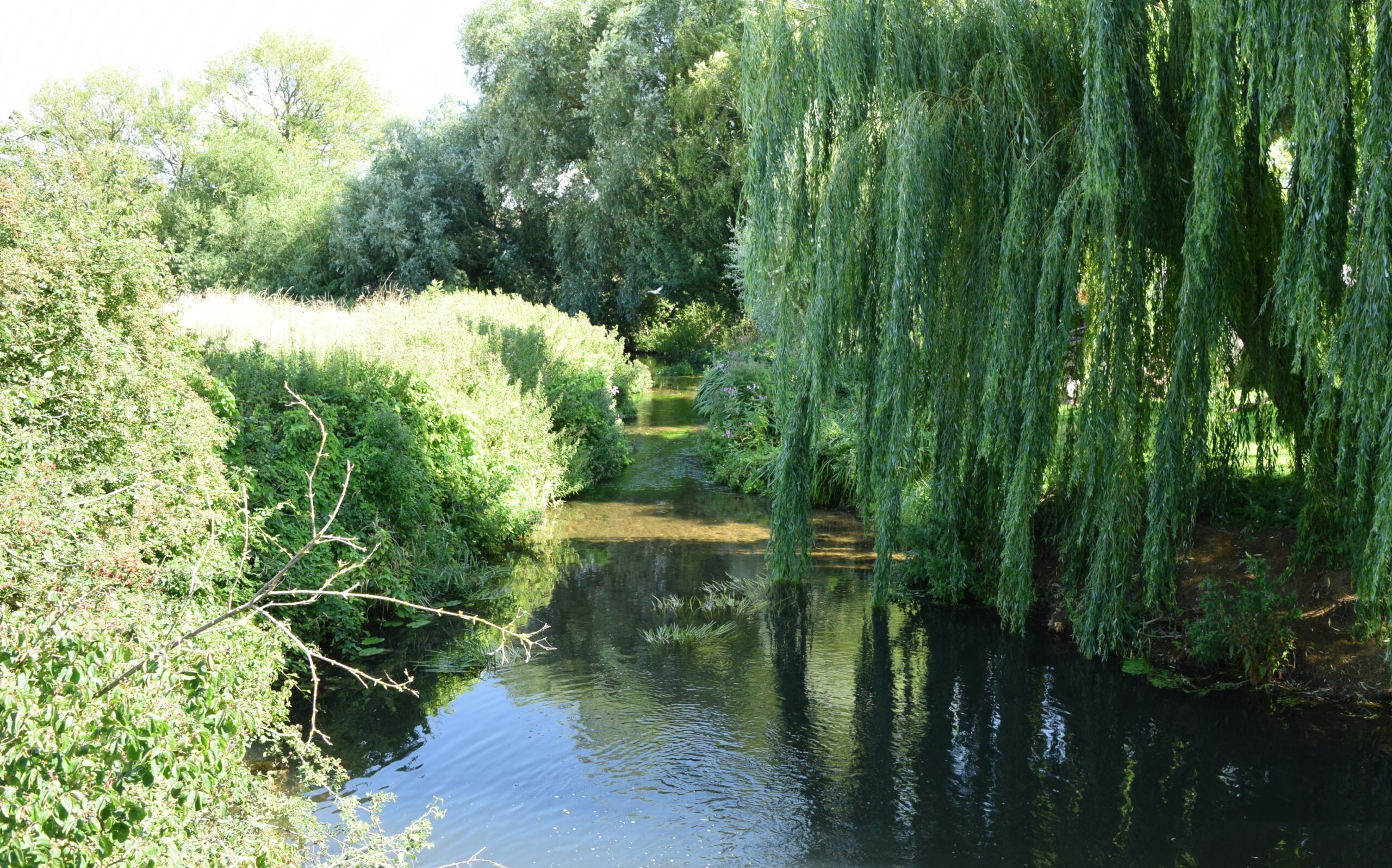
The Granta chalk stream is a tributary of the River Cam
“We’re completely independent. We have no affiliation to any major organisation or group and we keep costs to an absolute minimum. I don’t see the point in making a mountain out of it because it doesn’t need it. We’ve had dealings with organisations who have business in the region; we’ve been involved in some of the larger rural schemes and with charitable bodies but the only reason I have the title of ‘Chairman’ is because people in these areas expect there to be one. In reality, WAAC’s administration is just me and seven others.
“We’ve put in a lot of effort into it since 2014 but so far, if anyone wants anything, the only contact they have, is my email address or my mobile number.”
And there, in one sentence, is the principle of a local angling consultative in all its personalised glory. You don’t speak to an anonymous answerphone system or send messages to an impersonal email address; you speak directly to the ‘Chairman’.
As the knowledge of WAAC’s existence continues to increase, that, in truth, may have to change a little but your questions or observations will always be instantly dealt with by someone willing to help. And if they don’t know the answer to your query, they’ll definitely know someone who does.
*Anglers or clubs in the West Anglia Angling Consultative’s region, or others around the country seeking more information on the Consultative process, can contact Richard at:
richardhiom48@gmail.com
*Photos reproduced by kind permission of Richard Hiom
You might also like
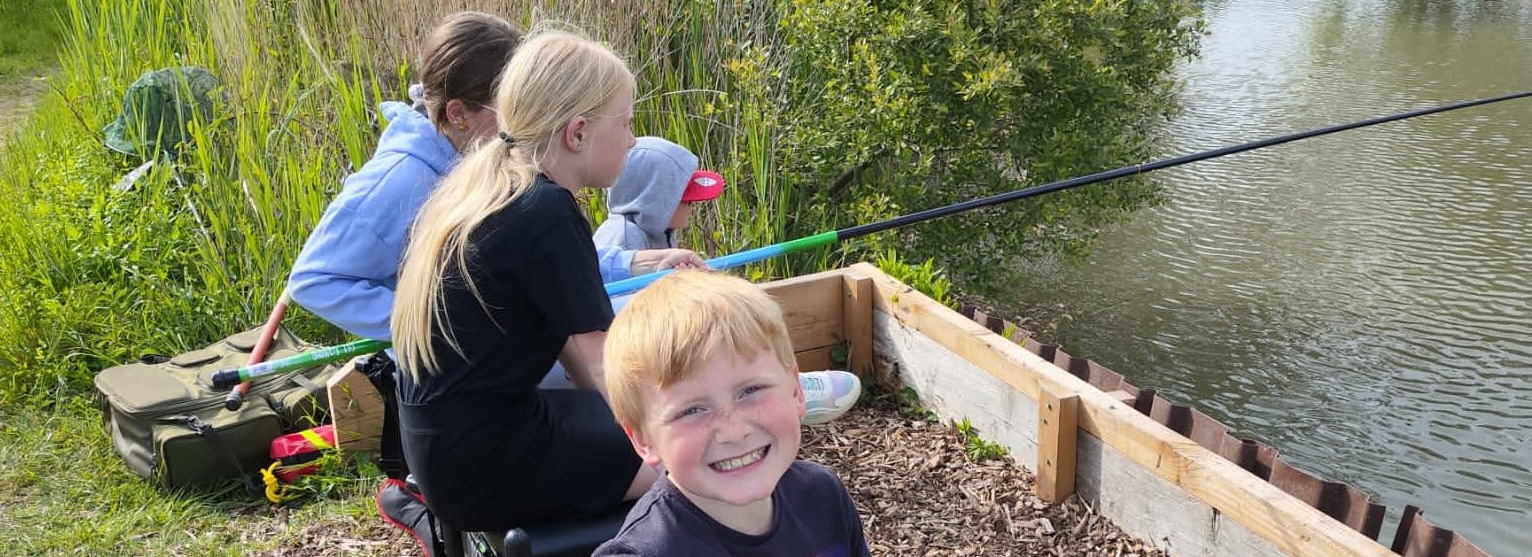
Reel Education is continuing to grow from strength to…
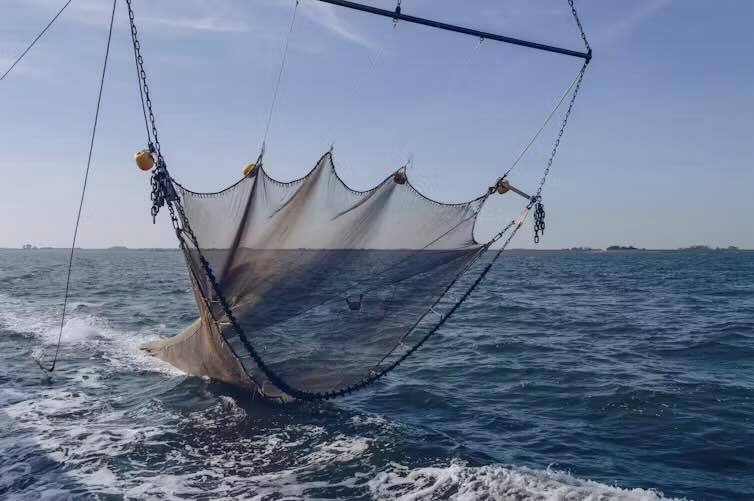
Government Announces Proposed Ban on Bottom Trawling in 41…

Angling Trust Presses Water Commission to Go Faster and…

VIDEO: Alice and her 3 boys have a day…
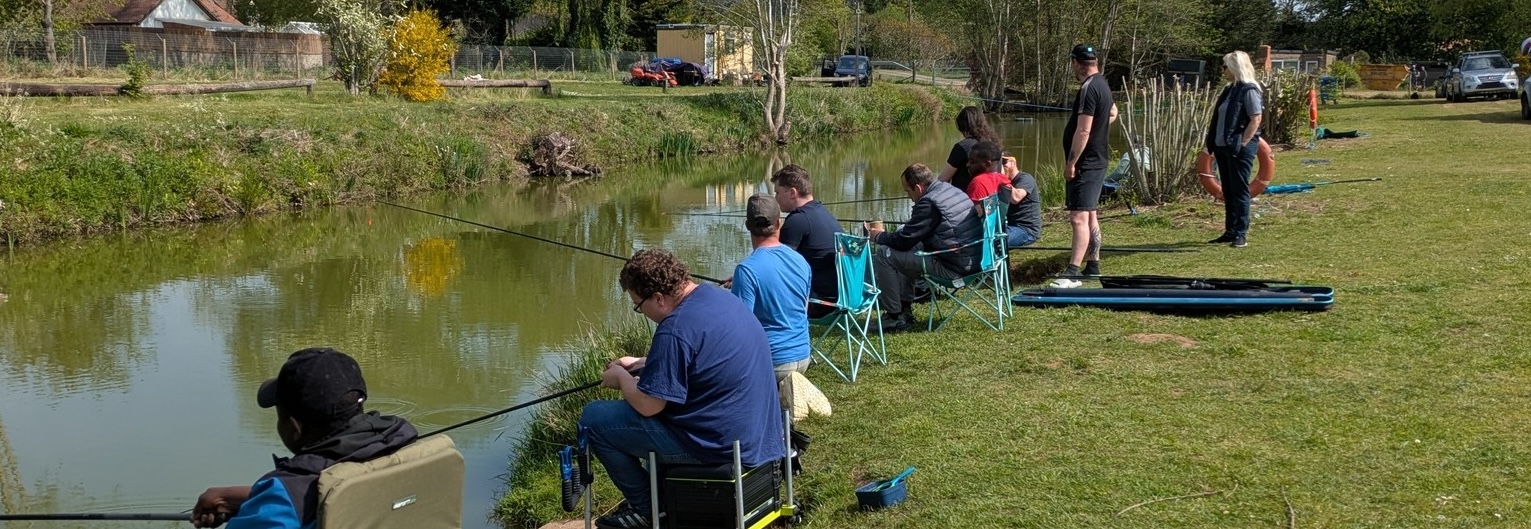
Recovery Rods help boost mental health and wellbeing by…

Teddy is hooked! – back for more fishing and…

Thank you to all our volunteers – you do…

Get Fishing Fund – Funded Project: HACRO were visited…
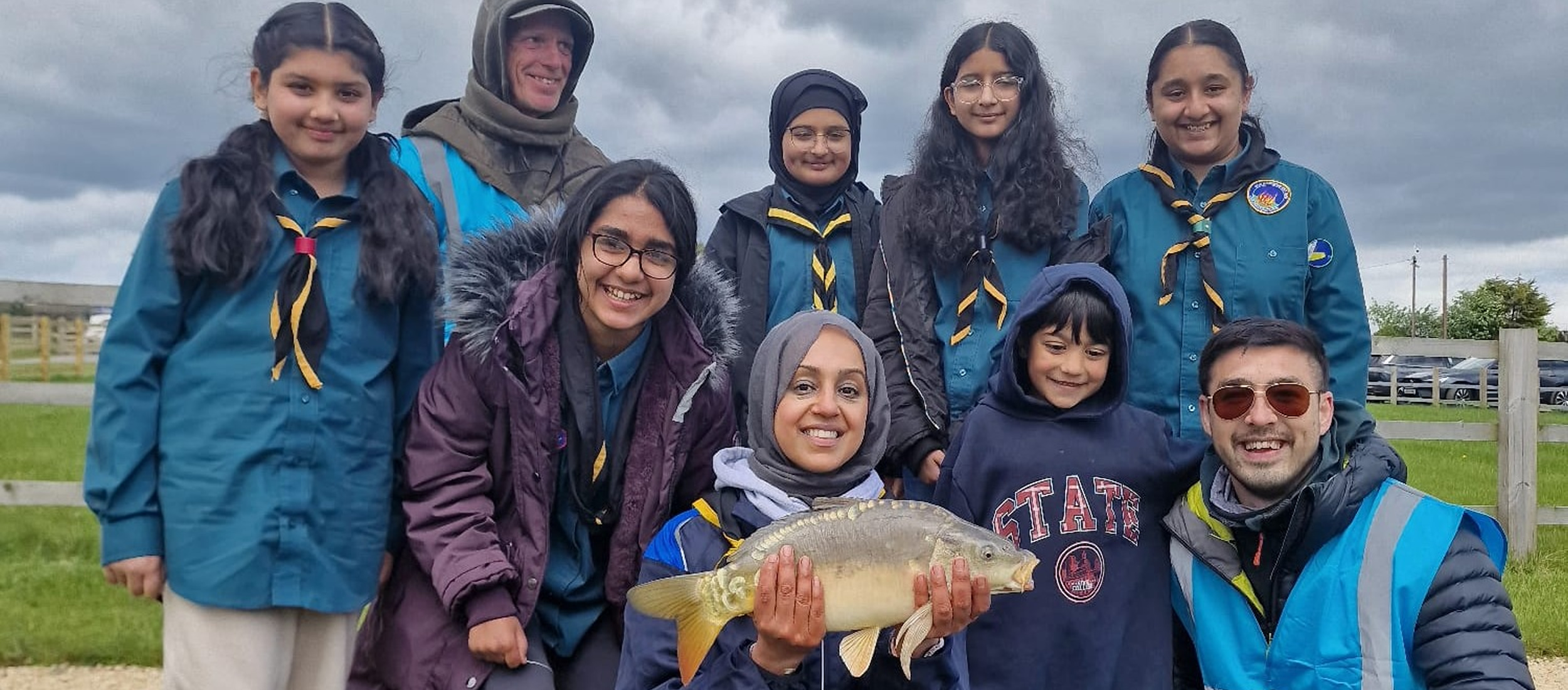
New Horizons had an amazing day taking part in…
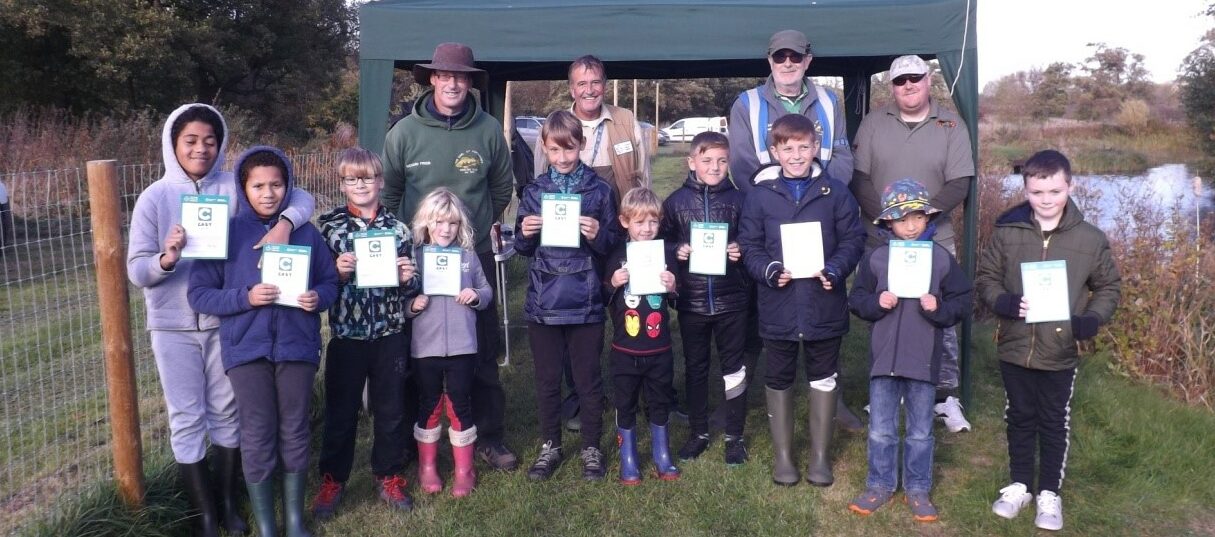
Get Fishing Fund – Funded Project Blog: Steve Clamp…
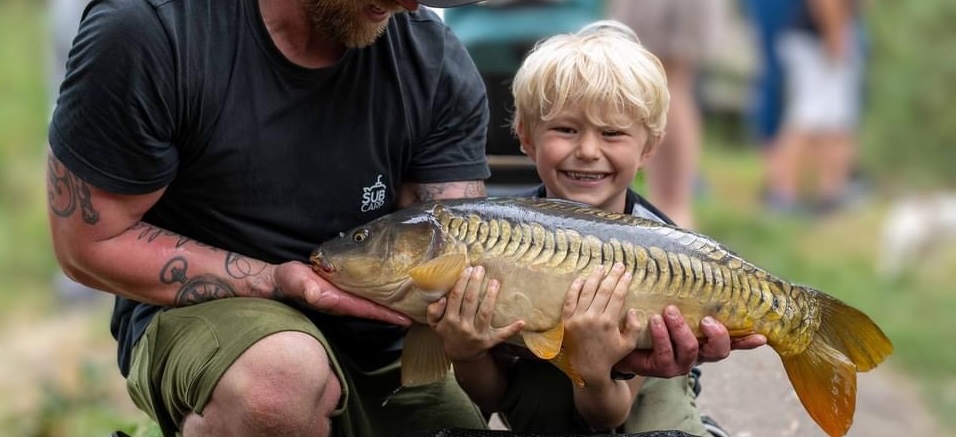
Somersham Angling Club hosted some fabulous Get Fishing events…
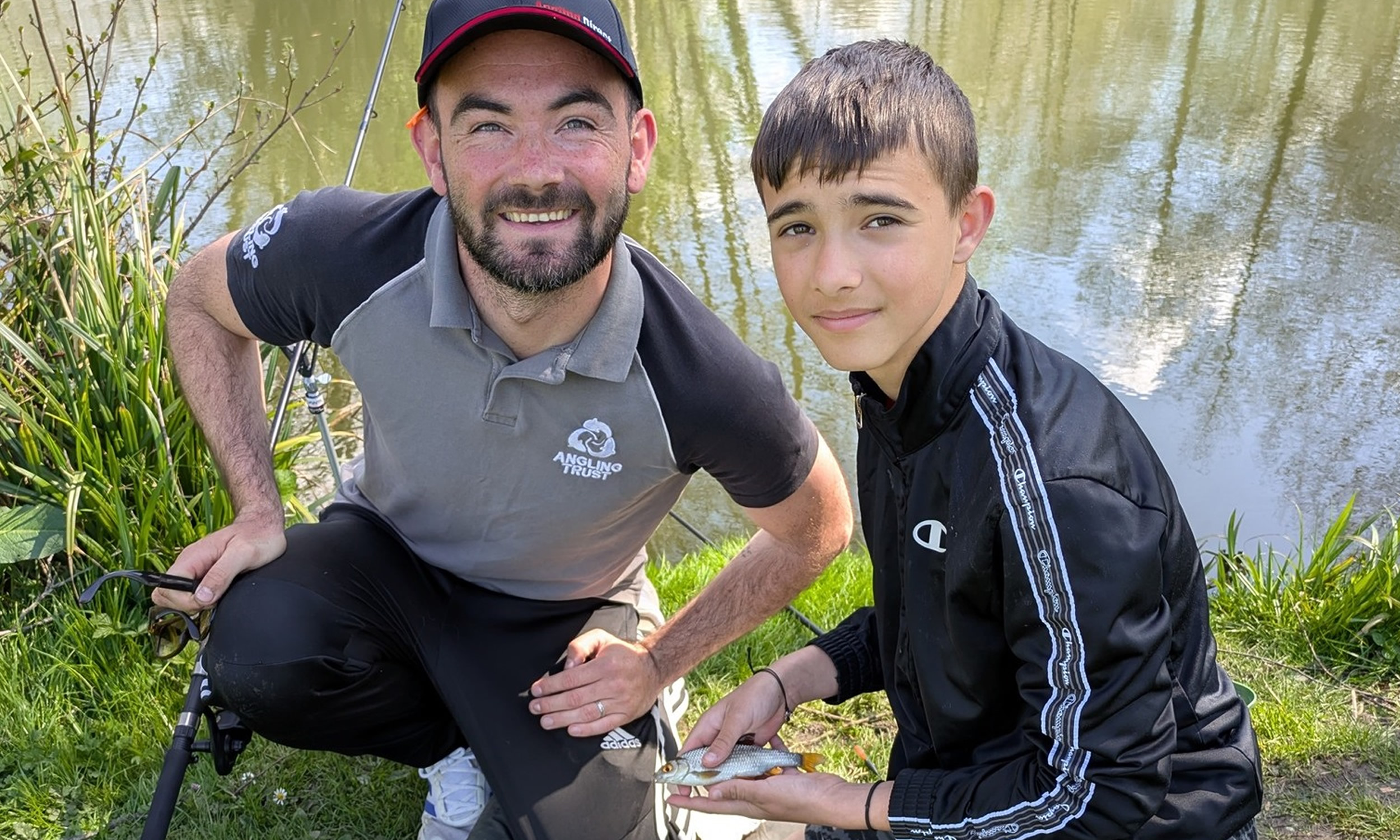
BLOG: Jack’s Back! What’s been happening in my East…

Reel Education is continuing to grow from strength to…

Government Announces Proposed Ban on Bottom Trawling in 41…

Angling Trust Presses Water Commission to Go Faster and…

VIDEO: Alice and her 3 boys have a day…

Recovery Rods help boost mental health and wellbeing by…

Teddy is hooked! – back for more fishing and…

Thank you to all our volunteers – you do…

Get Fishing Fund – Funded Project: HACRO were visited…

New Horizons had an amazing day taking part in…

Get Fishing Fund – Funded Project Blog: Steve Clamp…

Somersham Angling Club hosted some fabulous Get Fishing events…

BLOG: Jack’s Back! What’s been happening in my East…

Reel Education is continuing to grow from strength to…

Government Announces Proposed Ban on Bottom Trawling in 41…

Angling Trust Presses Water Commission to Go Faster and…

VIDEO: Alice and her 3 boys have a day…

Recovery Rods help boost mental health and wellbeing by…

Teddy is hooked! – back for more fishing and…

Thank you to all our volunteers – you do…

Get Fishing Fund – Funded Project: HACRO were visited…

New Horizons had an amazing day taking part in…

Get Fishing Fund – Funded Project Blog: Steve Clamp…

Somersham Angling Club hosted some fabulous Get Fishing events…









